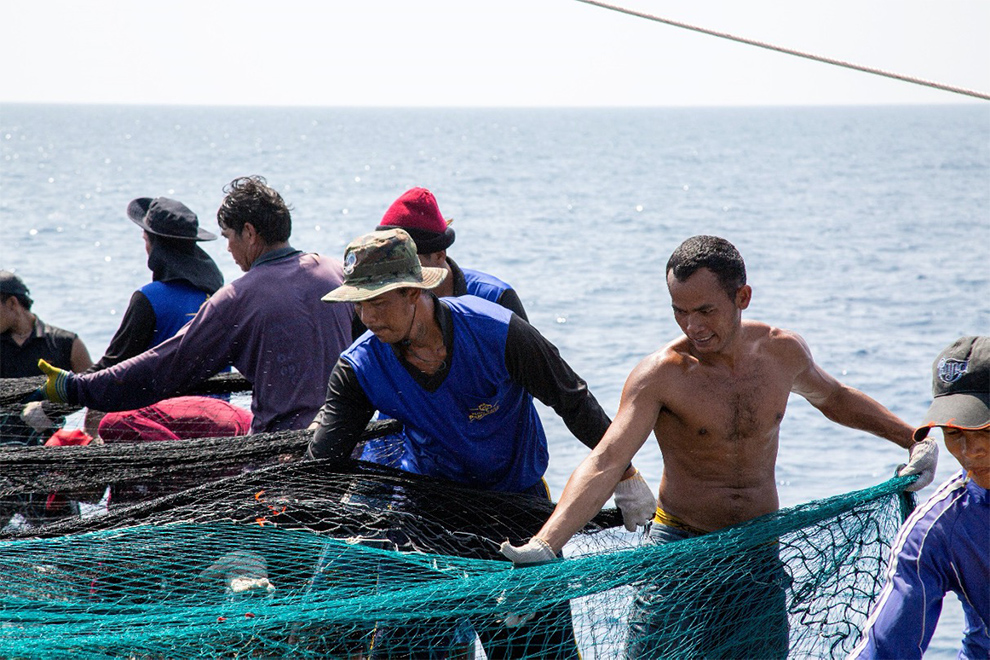Cambodia has welcomed a new phase of an important EU-funded programme that protects migrant workers in fishing, seafood processing, and aquaculture. The programme is called “Ship to Shore Rights South-East Asia: Safe Migration for Decent Work in the Blue Economy,” and it has now entered its third phase, running from 2025 to 2028.
A key meeting was held in Phnom Penh on May 8, where government officials, employers, workers, and civil society groups came together. They discussed ways to improve the lives and working conditions of Cambodian migrants who work in the fishing and seafood supply chain.
This new phase aims to improve national laws in Cambodia related to migration, labour, and fisheries. It also plans to strengthen regional cooperation within ASEAN and create safer ways for workers to migrate. There will be more access to services and information so that migrant workers know their rights and can protect themselves from abuse.
Hou Vudthy, Secretary of State at the Ministry of Labour, said this phase gives Cambodia a strong chance to improve protections for workers in the blue economy. Many Cambodians work in fishing and seafood jobs abroad, and they often face unsafe migration and poor working conditions.
Bryan Fornari from the EU Delegation in Cambodia said the programme is important for South-East Asia, where many people depend on the blue economy for jobs. He said the EU supports a team approach with the Cambodian Government, the UN, and development groups to make work safer for migrants.
Xiaoyan Qian, Director of the ILO Country Office for Thailand, Cambodia, and Laos, said she was pleased that strong plans were agreed on during the workshop. These will help make sure Cambodian migrant workers get the rights they deserve.
The programme is run by the International Labour Organization (ILO), with support from the International Organization for Migration (IOM) and the Food and Agriculture Organization (FAO). It is part of a larger effort by the EU and UN to make migration safer and jobs fairer for people working in the fish and seafood industries across South-East Asia.
The programme also focuses on preventing forced labour and other abuses that migrants often face during their journey and at work. The goal is to build a fair and sustainable seafood supply chain where all workers are treated with respect.

